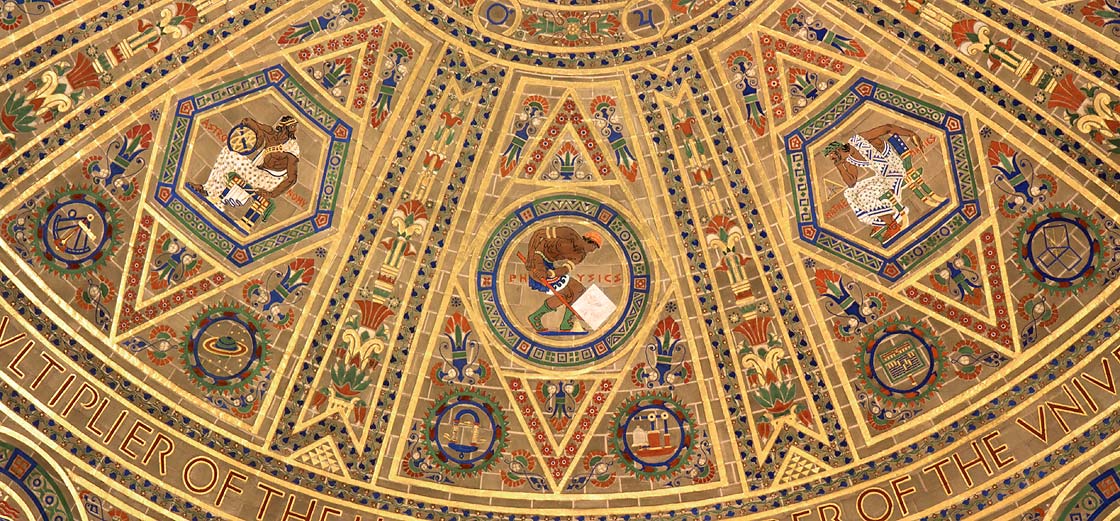
The Facts about Intelligent Design
A 1982 poll found that only 9% of Americans believed that humans developed through purely natural evolutionary processes. Two years later, the U.S. National Academy of Sciences (NAS) issued its first Science and Creationism booklet, stating that science and religion occupy "separate and mutually exclusive realms." 1Public skepticism of evolution remained high — a 1993 poll found that only 11% of Americans believed that humans developed through purely natural evolutionary processes.
Read More ›